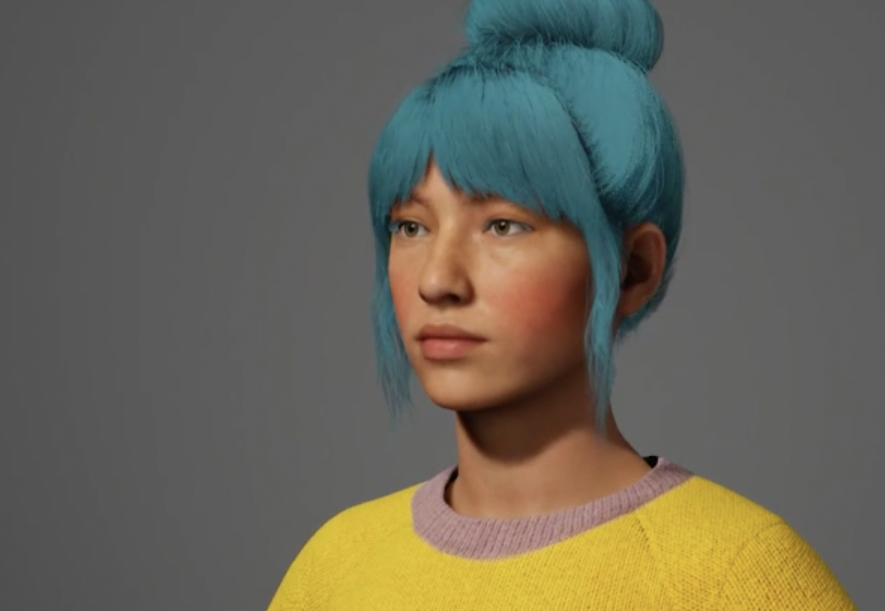
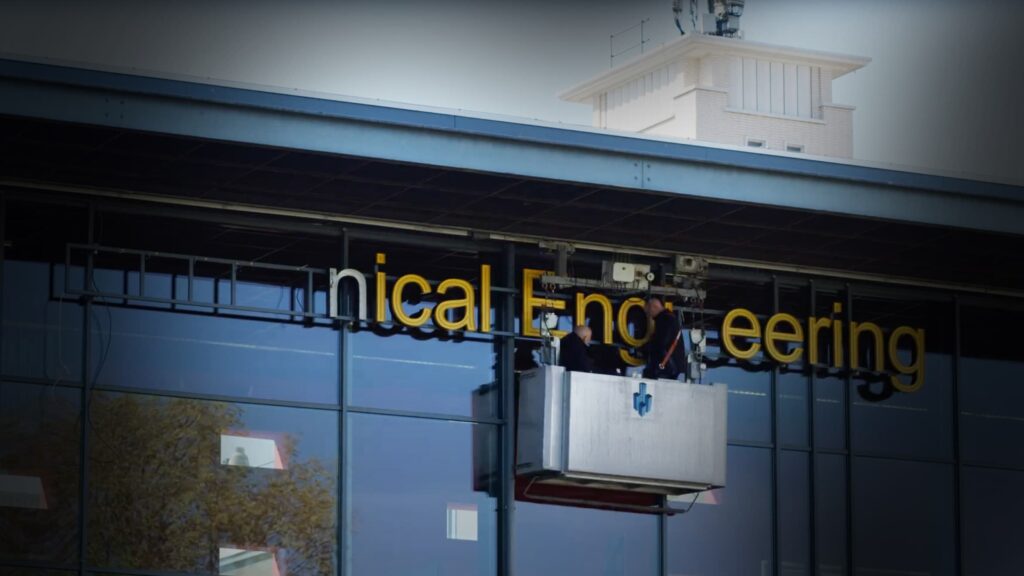
As of January 1, 2024, the Faculty of Mechanical, Maritime and Materials Engineering (3mE) has changed its name to Mechanical Engineering. The NewMedia Centre was asked to produce a short video to promote this change at the front of the faculty building.
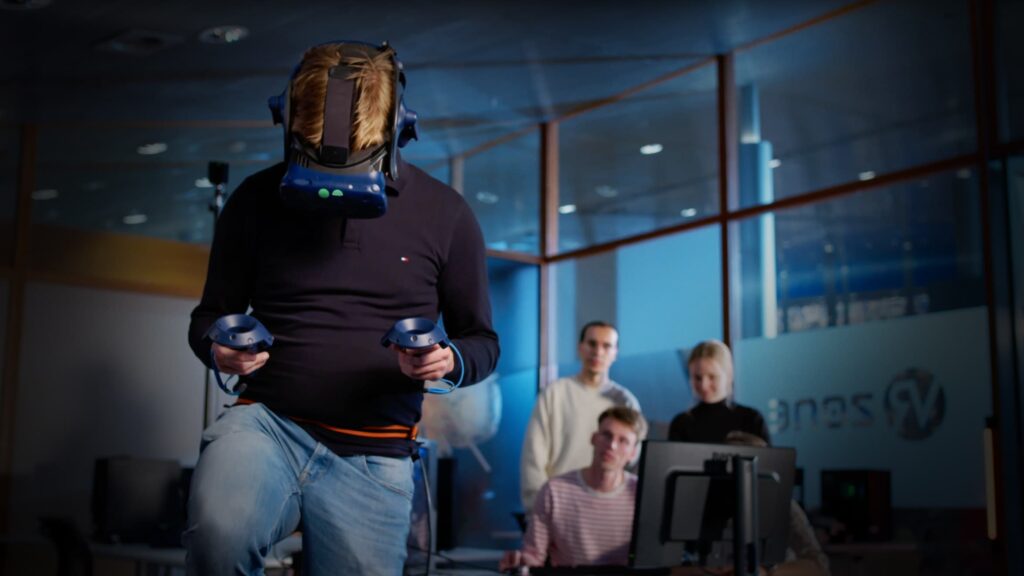
Students from Industrial Design Engineering reached out for support in the XR Zone where they created a VR application for their Bachelor End Project (BEP).
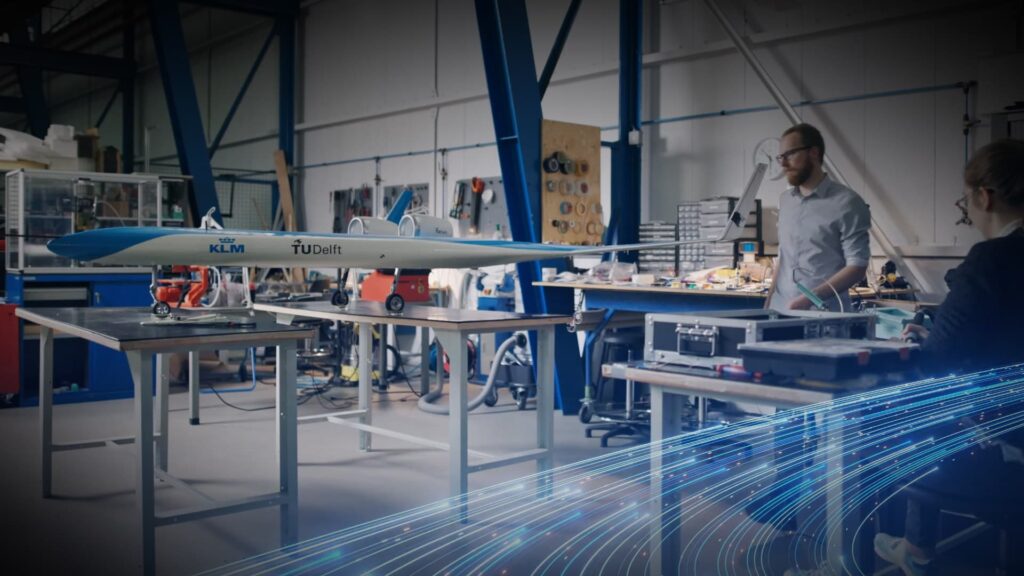
What is needed to achieve sustainable aviation? How can we accelerate that innovation? And what can we do for the existing fleet of aircraft? In this Pioneering Tech video, Rinze Benedictus and Marios Kotsonis provide answers.
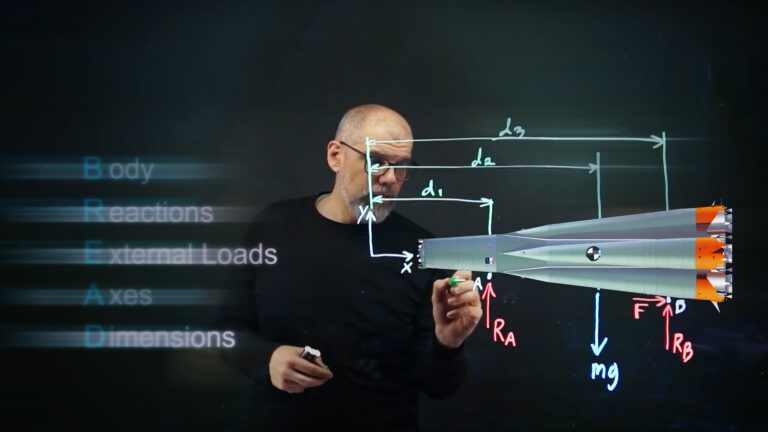
At TU Delft, blended learning combines the flexibility of online teaching with the impact of face-to-face interaction. One tool making this possible is the Lightboard—a transparent glass board that lets educators write while facing the camera. Unlike traditional slides, it shows both the lecturer’s explanations and their expressions, making learning more engaging and personal. From flipped classrooms to problem-solving videos, the Lightboard helps teachers share not just answers, but the thinking process behind them—turning lessons into stories that connect with students.
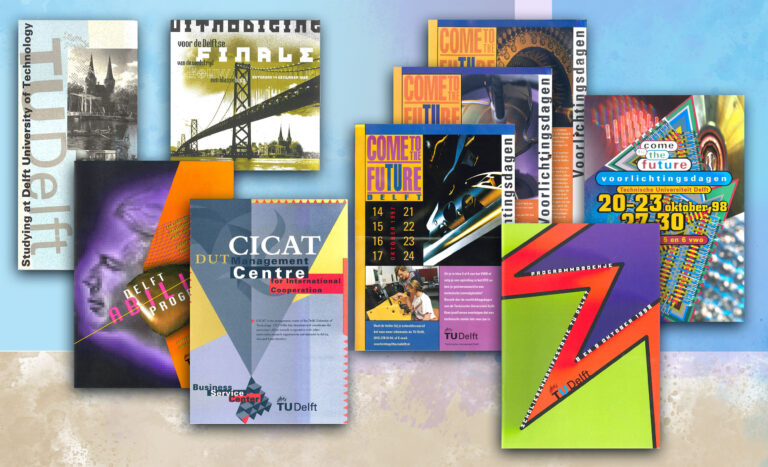
Cok Francken’s 30-year journey at TU Delft spans posters, identity systems, and large-scale installations. Known for clarity and balance, he begins with pencil sketches and draws inspiration from real-world textures and photography. His experience with big formats and careful use of AI tools shapes designs that feel authentic, thoughtful, and visually compelling.
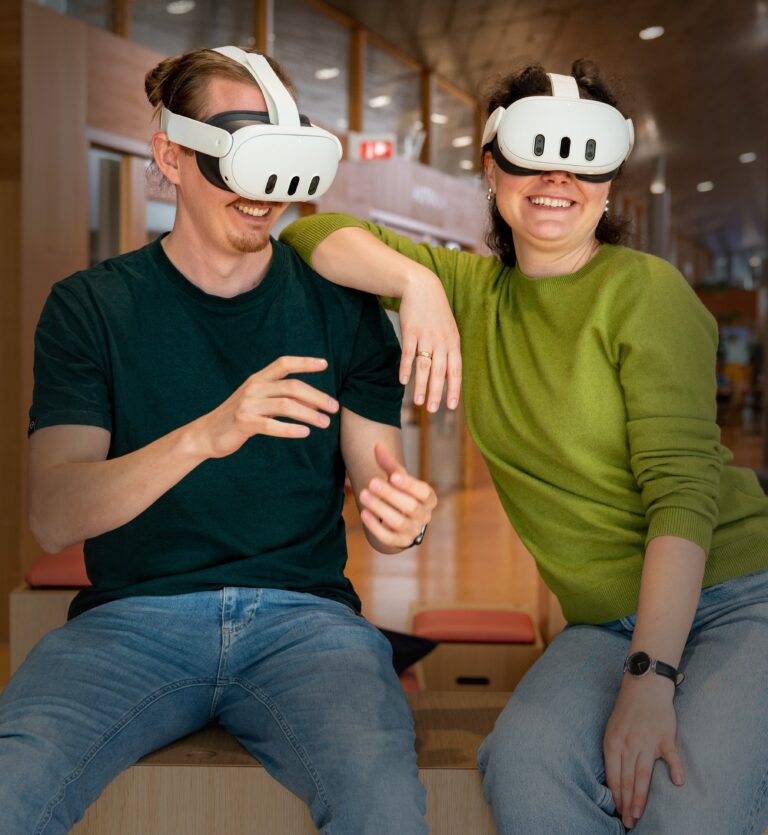
At TU Delft, Jeroen Boots bridges architecture and immersive technology. Driven by how spaces shape human experience, he uses VR to turn abstract ideas into environments students can step inside—designing not flashy demos, but meaningful learning moments that truly resonate and last.